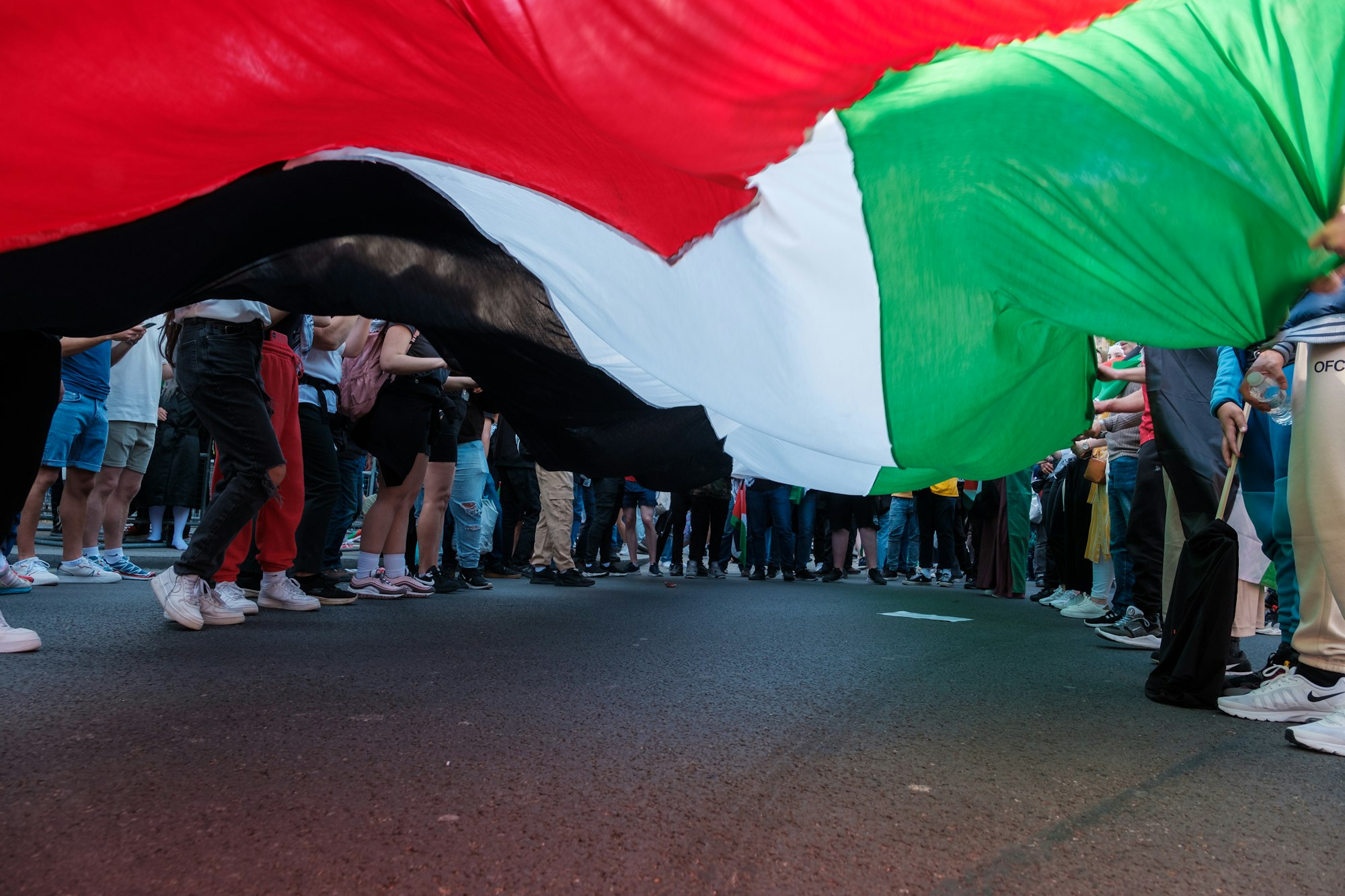The Day the US Took a Pause in Gaza's Humanitarian Aid
This move wasn't sudden; the U.S. had previously delayed the voting process on this resolution. But many considered it a wrong move as many died and millions were exposed to potential famine without medical aid.

On October 18, 2023, the United States cast a significant veto at the United Nations, blocking a Security Council resolution that called for "humanitarian pauses" in the ongoing Israel-Hamas conflict. The proposal aimed to facilitate the delivery of life-saving aid to the beleaguered population in Gaza, where millions are in dire need.
Linda Thomas-Greenfield, the United States Ambassador to the United Nations, offered an explanation for this decision. She stated that the U.S. required more time for its on-the-ground diplomatic efforts to unfold effectively.
Wrong Move by the USA
This move wasn't sudden; the U.S. had previously delayed the voting process on this resolution. But many considered it a wrong move as many died and millions were exposed to potential famine without medical aid.
One of the key points of contention was the absence of a reference to Israel's right to self-defense within the text of the resolution, a matter that Thomas-Greenfield highlighted. This omission raised concerns among U.S. officials and contributed to their veto.
The United States' veto elicited a mixed response from the international community. The resolution received 12 affirmative votes, with Russia and the United Kingdom opting to abstain from the vote. Lana Nusseibah, the Ambassador of the United Arab Emirates, expressed a nuanced perspective on the matter. She acknowledged that the resolution was not without flaws, referring to it as an imperfect text.
Nevertheless, her country voted in favor of it, citing the importance of the resolution's emphasis on fundamental principles that should be upheld and reinforced by the Security Council. Nusseibah also voiced hope that the U.S.'s diplomatic initiatives in the region would contribute to de-escalation and resolution of the crisis.
Read More News From Our Brand Partners

Political Paralysis
The inability of the Security Council to issue its first public intervention regarding the Israel-Gaza crisis has led to accusations of political paralysis, signifying the urgency and complexity of a situation where millions of lives are at stake.
The nations that endorsed the UN resolution for a humanitarian pause in the Israel-Hamas conflict included Brazil, China, Gabon, Mozambique, the Russian Federation, Switzerland, and the United Arab Emirates. Notably, Russia and the United Kingdom refrained from casting votes. The United States stood as the sole dissenting voice, vetoing the resolution.
This resolution, which aimed to establish "humanitarian pauses" for the delivery of essential aid to Gaza's distressed population, was originally proposed by Brazil. It sought to denounce all forms of violence and hostilities targeting civilians and acts of terrorism. The document unequivocally condemned the terrorist attacks by Hamas that transpired in Israel, commencing on October 7.
Additionally, it called upon all parties involved to adhere to international law and protect the lives of civilians residing in Gaza, an area under the control of Hamas. This was especially pertinent as it unfolded against the backdrop of intense retaliation from Israeli warplanes. The resolution aimed to address the critical shortages of food, water, medical supplies, and electricity in Gaza, reflecting the pressing need to provide its inhabitants with these essential resources.
Read More News from WorldFuture

Take a pause on humanitarian aid.
Interestingly, the resolution did not specify a defined time frame for these "humanitarian pauses." Instead, it emphasized creating conditions for full, secure, and unobstructed access for United Nations agencies and their partners to deliver life-saving aid to the populace in Gaza. It's important to note that a "pause" typically implies a less formal and shorter timeframe than a full ceasefire.
The United States, which ultimately vetoed the resolution, had previously advocated for these "pauses" to allow aid to flow into Gaza, while Russia had been advocating for a more comprehensive humanitarian ceasefire.



